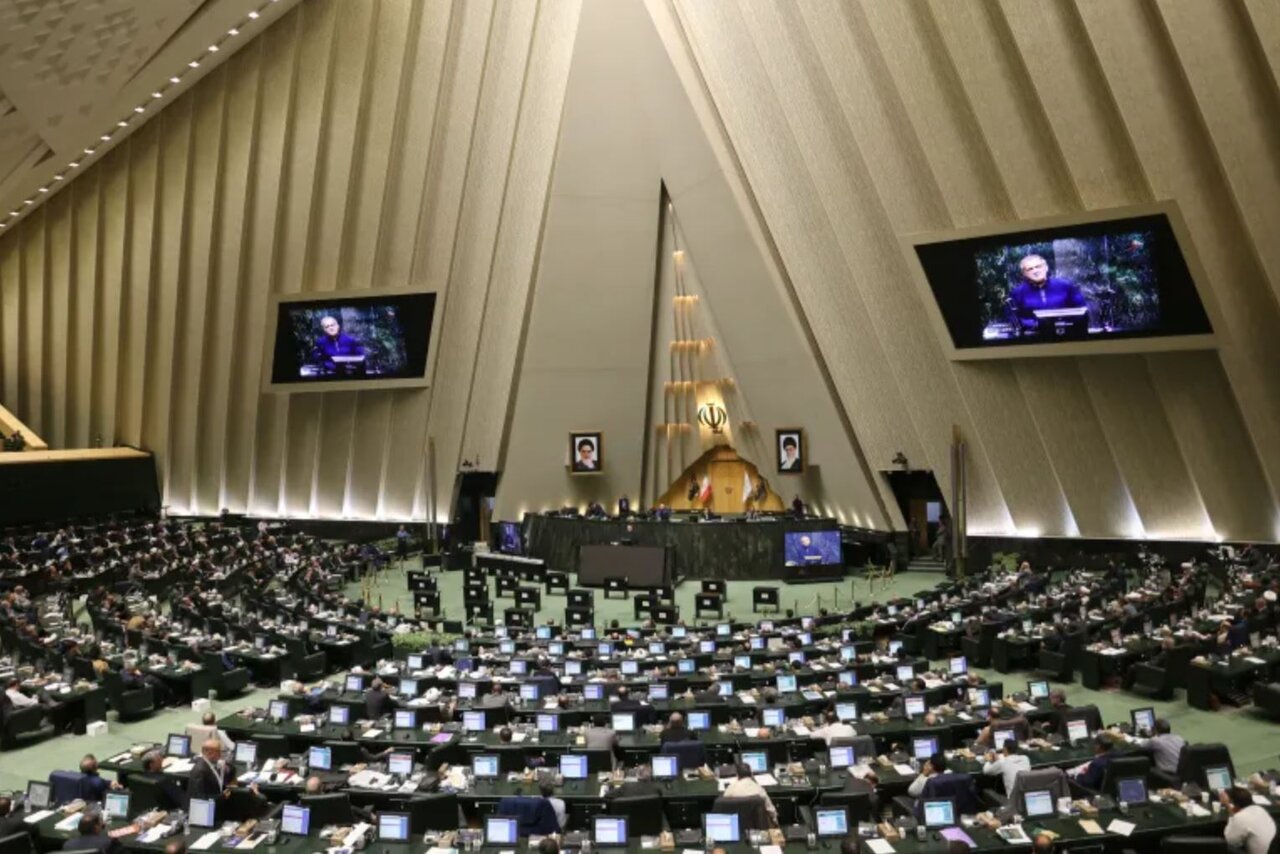Lawmakers’ letter asking for reconsideration of Iran's nuclear doctrine resurfaces

TEHRAN – After years of fruitless diplomacy surrounding Tehran's nuclear program, and following a full-scale war imposed on Iran in June, the Iranian public and media appear increasingly to favor a shift in the country's nuclear doctrine.
A months-old letter from approximately 70 lawmakers to Iran's Supreme National Security Council (SNSC) has been widely republished by Iranian media outlets. The letter urges the country's top security body to reconsider Iran's long-standing nuclear and military doctrine, whose effectiveness is now being questioned by many after the 12-day war launched by Israel and the U.S. earlier this year. The war targeted Iran's civilian, military, and nuclear infrastructure.
The renewed discussion also follows increased pressure from Europe on Iran. In late August, Europeans triggered the so-called snapback mechanism, a process that leads to the reinstatement of pre-JCPOA UN sanctions against Iran one month after activation. Any JCPOA signatory can invoke snapback if it considers Iran non-compliant with its JCPOA commitments. The deal had limited Iran's nuclear program in exchange for sanctions relief.
Iran began to scale back some of its commitments one and a half years after Washington withdrew from the deal, reimposed sanctions, and introduced secondary ones. Europe failed to mitigate the impact of the U.S. embargoes and later imposed its own sanctions based on unsubstantiated allegations of Iran's involvement in the Ukraine war. Europe also provided diplomatic and political backing to the U.S. and Israel when they attacked Iran's nuclear sites during ongoing negotiations, a blatant violation of international law.
It seems that Europeans believe Iran should have fully complied with the JCPOA, despite not receiving its promised benefits from the deal and also being subjected to illegal aggression.
Iran has said the reinstatement of UN sanctions would nullify a deal signed with the International Atomic Energy Agency (IAEA), which allows the resumption of cooperation with the nuclear watchdog after it was suspended shortly following the war's conclusion. The agreement was signed earlier this month in Cairo.
Iranians have also warned that they may look into leaving the Non-Proliferation Treaty (NPT).
‘What are we waiting for?'
Following an Iranian media outlet's social media post sharing the lawmakers' letter, numerous commenters expressed frustration that Iran was not taking "decisive" actions.
One young man wrote, "Our nuclear sites were bombed, and the West still wants to sanction us. What are we waiting for? These people don't want a deal. Even if we shut down our nuclear facilities they are going to ask for something else. Make the bomb already."
A fatwa (religious decree) issued years ago by the Leader of the Islamic Revolution, Ayatollah Seyyed Ali Khamenei, prohibits the development of weapons of mass destruction, including nuclear weapons.
After the U.S.-Israeli attack on Iranian nuclear facilities, IAEA Chief Rafael Grossi stated that, despite a loaded report released the day before the attack, the agency had found no evidence that Iran had ever moved toward building nuclear weapons. Prior to the attack, Iran's nuclear sites were subject to the most rigorous UN inspections in the world. American President Donald Trump has said Iranian nuclear facilities were “obliterated” by the U.S.-Israeli strikes.
On a similar post from a different media outlet, one citizen questioned, "What is Iran afraid of?" and added, "Anything that should not have happened has already happened. We signed a deal, they threw it down the drain, we entered talks again, and they attacked us. We cannot solve this with these vicious Westerners."
Similar to the public, Iranian analysts and experts have increasingly begun to view engagement with the West in a negative light. Yousef Azizi, a well-known analyst, told the Daneshjoo News Agency that the West "only understands the language of deterrence."
"Iran must change the equations. Attaining nuclear deterrence is the only remaining option for Iran," he stated.
Many, especially conservatives within Iran, are also demanding a heavy-handed response to Europe's activation of the snapback mechanism. The secretary of Iran's Green Party, Hossein Kanani Moghaddam, has stated that Iran must expel the German, French, and British ambassadors once UN sanctions are reinstated.
Nonetheless, it does not appear that Iran's leadership will change course, at least in the short term. Iranian President Masoud Pezeshkian told Chinese media Sunday that Tehran will continue to act within the framework of the NPT despite the draconian Western pressure. There is also not expected to be a major break with Europeans. Foreign Minister Abbas Araghchi is set to meet with European representatives on the sidelines of the UN General Assembly in New York this week, the Tehran Times understands.
Leave a Comment